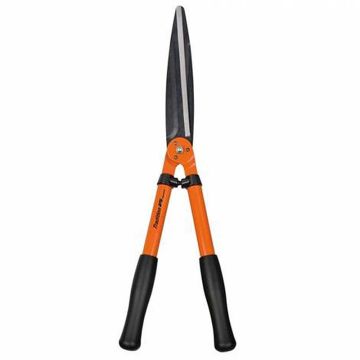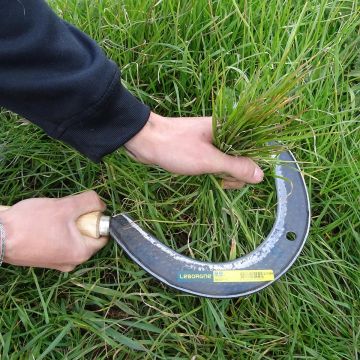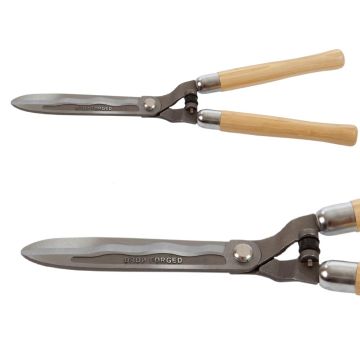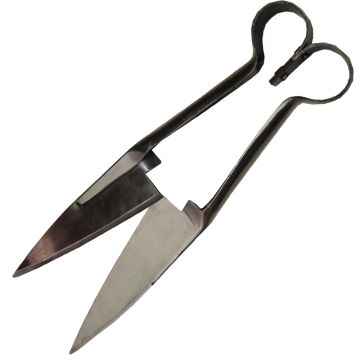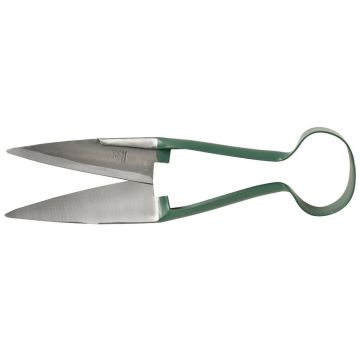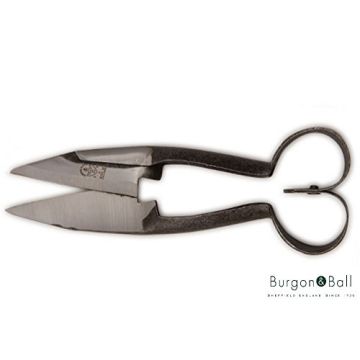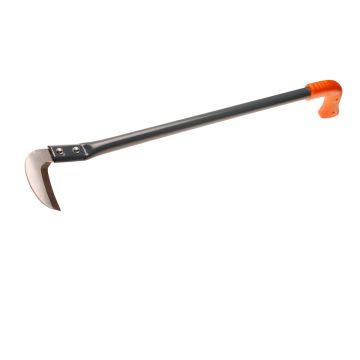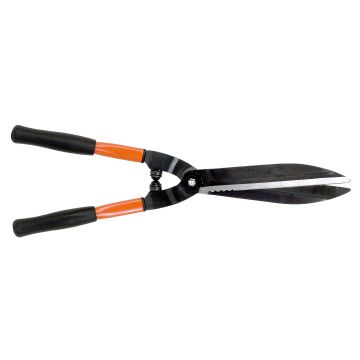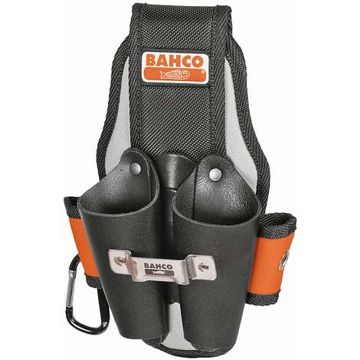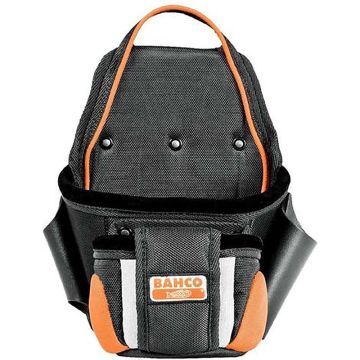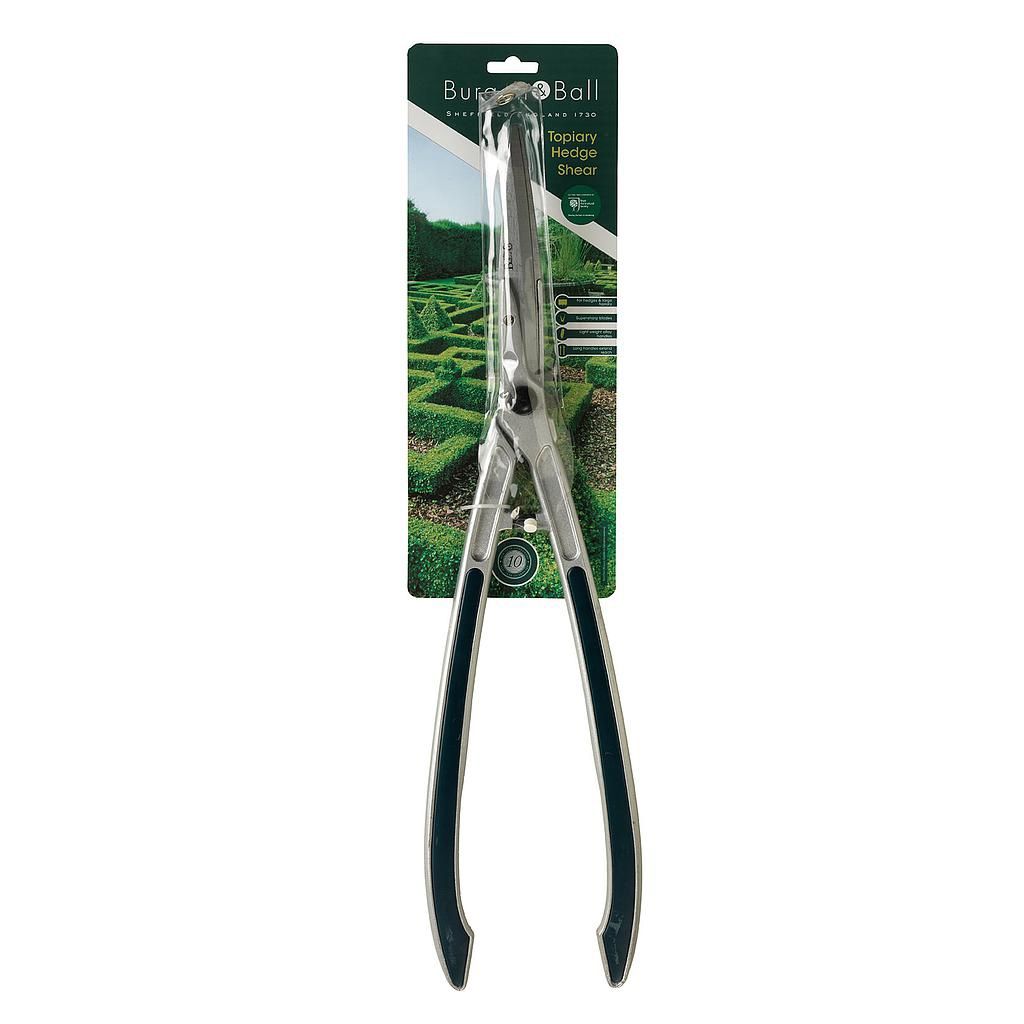

Pruning shears for boxwood Burgon & Ball - RHS Range.
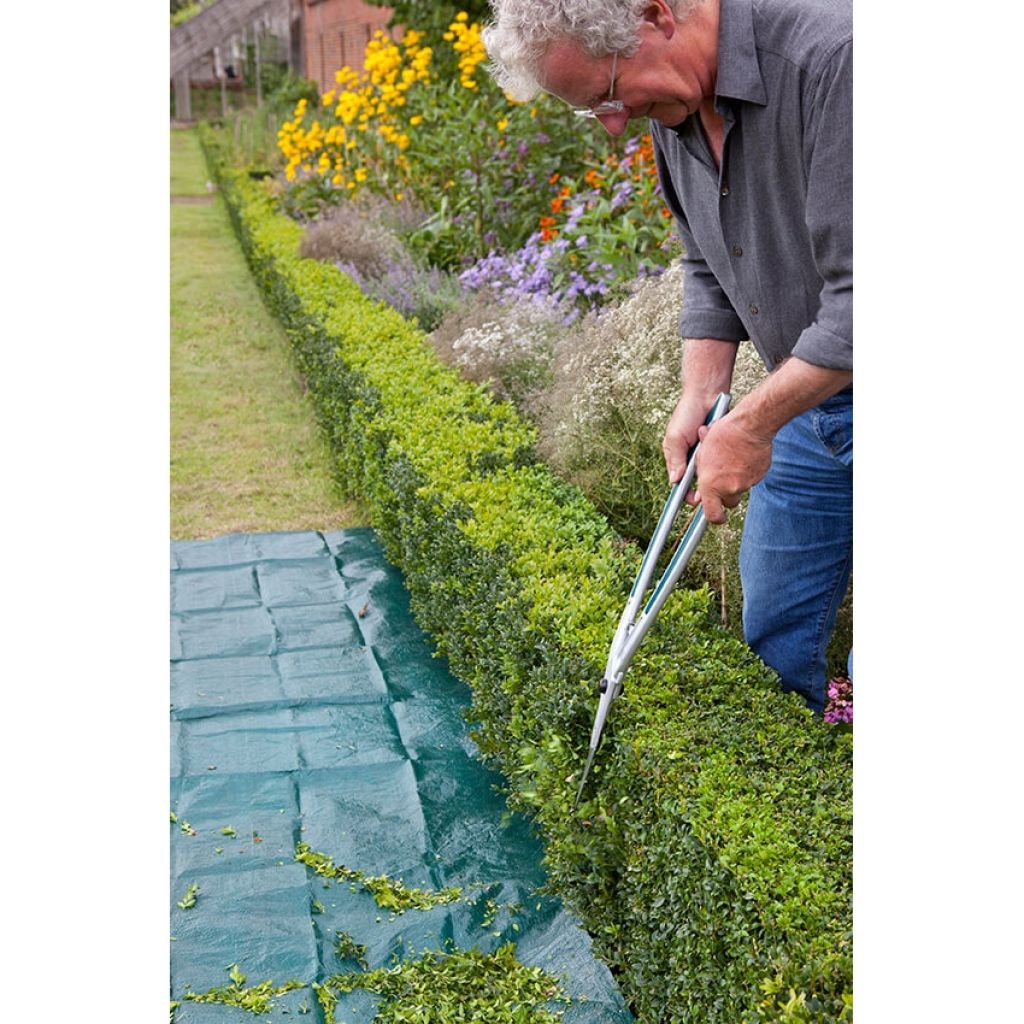

Pruning shears for boxwood Burgon & Ball - RHS Range.
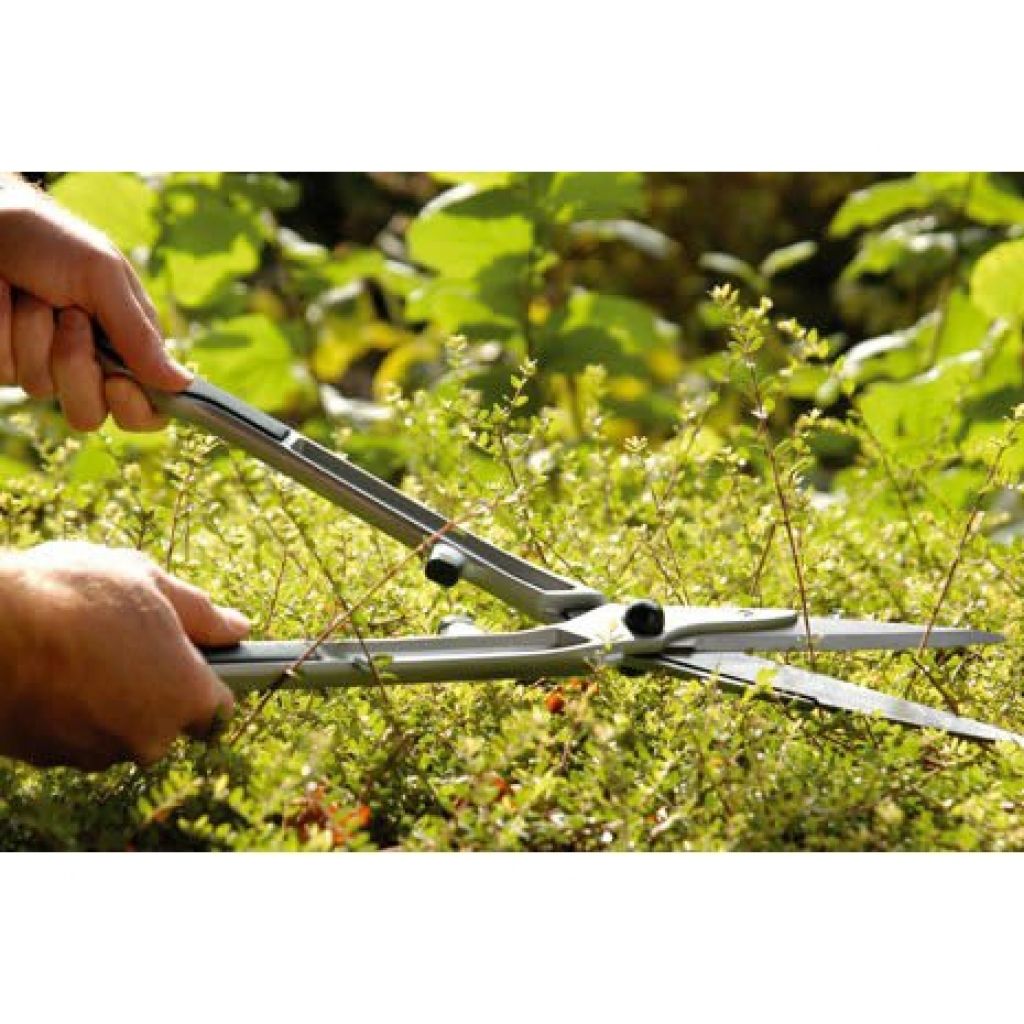

Pruning shears for boxwood Burgon & Ball - RHS Range.
Pruning shears for boxwood Burgon & Ball - RHS Range.
Special offer!
Receive a €20 voucher for any order over €90 (excluding delivery costs, credit notes, and plastic-free options)!
1- Add your favorite plants to your cart.
2- Once you have reached €90, confirm your order (you can even choose the delivery date!).
3- As soon as your order is shipped, you will receive an email containing your voucher code, valid for 3 months (90 days).
Your voucher is unique and can only be used once, for any order with a minimum value of €20, excluding delivery costs.
Can be combined with other current offers, non-divisible and non-refundable.
We guarantee the quality of our plants for a full growing cycle, and will replace at our expense any plant that fails to recover under normal climatic and planting conditions.
This Burgon & Ball boxwood hedge trimmer is a shear adapted for the creation and maintenance of hedges or trees and bushes with a dense and bushy habit, benefiting from repeated pruning, typically yew and especially boxwood, but also laurel, cypress, and even ivy. Its long 180 mm (7in) cross-cutting blades are hardened and tempered carbon steel to maintain their sharpness. These ultra-light topiary hedge shears, weighing 750 g, have an aluminium handle, sharp blades with non-slip and comfortable rubber handles and damping stops to reduce shocks. A slight angle between the blades and the handles facilitates cutting flat surfaces of hedges. It is a versatile shear, practical, aesthetic, and durable, ideal for small to medium-sized gardens.
The manual hedge trimmer is a hedge shear, resembling giant scissors with long cross-cutting, sharp blades and two long handles. It mainly cuts live, flexible, green, and not-too-thick stems and branches. It is used by holding the blades horizontally against the surface to be trimmed and opening and closing the handle with both hands. It is used primarily for hedge maintenance and to roughly trim small bushy or treelike subjects with compact branches that densify with maintenance. For vast areas to be cut, a mechanised hedge trimmer is preferred.
The English have the privilege of being experts in gardening (but not cooking). Promesse de Fleurs has chosen the British company Burgon & Ball for the quality of its materials and its nearly three-century-old steel manufacturing methods. The company has been working with steel in Sheffield since 1730, initially with a solid steel sheep shears patent. The production of garden shears and equipment quickly surpassed that of sheep shears, and the Royal Horticultural Society officially approved Burgon & Ball's stainless steel tools - probably the ultimate award in the gardening industry.
The tines of this fork are hot-forged, a process that aligns the metal's grain structure to provide exceptional bending strength. Hot-forged tines are very unusual in producing stainless steel tools - the standard practice is to cut the tines to length, weld them together, and grind the ends to a point. The choice of this more expensive manufacturing process is an additional quality criterion.
The heat treatment allows for precisely the correct steel hardness for each tool. If it is too hard, the metal can break or chip; if it is not hard enough, it will bend or lose its sharpness. The thickness of the steel used also depends on the tool. This rose fork requires a thicker steel than a knife, which can be made of much thinner steel. The thickness of the steel also affects the weight, so it is a balance that Burgon & Ball, with nearly 300 years of experience, has validated to ensure that its tools are both practical and enjoyable to use.
Tool features
Technical data
Detailed features
Tips
Other Shears and hedge trimmers
View all →This item has not been reviewed yet - be the first to leave a review about it.
Haven't found what you were looking for?
Hardiness is the lowest winter temperature a plant can endure without suffering serious damage or even dying. However, hardiness is affected by location (a sheltered area, such as a patio), protection (winter cover) and soil type (hardiness is improved by well-drained soil).

Photo Sharing Terms & Conditions
In order to encourage gardeners to interact and share their experiences, Promesse de fleurs offers various media enabling content to be uploaded onto its Site - in particular via the ‘Photo sharing’ module.
The User agrees to refrain from:
- Posting any content that is illegal, prejudicial, insulting, racist, inciteful to hatred, revisionist, contrary to public decency, that infringes on privacy or on the privacy rights of third parties, in particular the publicity rights of persons and goods, intellectual property rights, or the right to privacy.
- Submitting content on behalf of a third party;
- Impersonate the identity of a third party and/or publish any personal information about a third party;
In general, the User undertakes to refrain from any unethical behaviour.
All Content (in particular text, comments, files, images, photos, videos, creative works, etc.), which may be subject to property or intellectual property rights, image or other private rights, shall remain the property of the User, subject to the limited rights granted by the terms of the licence granted by Promesse de fleurs as stated below. Users are at liberty to publish or not to publish such Content on the Site, notably via the ‘Photo Sharing’ facility, and accept that this Content shall be made public and freely accessible, notably on the Internet.
Users further acknowledge, undertake to have ,and guarantee that they hold all necessary rights and permissions to publish such material on the Site, in particular with regard to the legislation in force pertaining to any privacy, property, intellectual property, image, or contractual rights, or rights of any other nature. By publishing such Content on the Site, Users acknowledge accepting full liability as publishers of the Content within the meaning of the law, and grant Promesse de fleurs, free of charge, an inclusive, worldwide licence for the said Content for the entire duration of its publication, including all reproduction, representation, up/downloading, displaying, performing, transmission, and storage rights.
Users also grant permission for their name to be linked to the Content and accept that this link may not always be made available.
By engaging in posting material, Users consent to their Content becoming automatically accessible on the Internet, in particular on other sites and/or blogs and/or web pages of the Promesse de fleurs site, including in particular social pages and the Promesse de fleurs catalogue.
Users may secure the removal of entrusted content free of charge by issuing a simple request via our contact form.
The flowering period indicated on our website applies to countries and regions located in USDA zone 8 (France, the United Kingdom, Ireland, the Netherlands, etc.)
It will vary according to where you live:
- In zones 9 to 10 (Italy, Spain, Greece, etc.), flowering will occur about 2 to 4 weeks earlier.
- In zones 6 to 7 (Germany, Poland, Slovenia, and lower mountainous regions), flowering will be delayed by 2 to 3 weeks.
- In zone 5 (Central Europe, Scandinavia), blooming will be delayed by 3 to 5 weeks.
In temperate climates, pruning of spring-flowering shrubs (forsythia, spireas, etc.) should be done just after flowering.
Pruning of summer-flowering shrubs (Indian Lilac, Perovskia, etc.) can be done in winter or spring.
In cold regions as well as with frost-sensitive plants, avoid pruning too early when severe frosts may still occur.
The planting period indicated on our website applies to countries and regions located in USDA zone 8 (France, United Kingdom, Ireland, Netherlands).
It will vary according to where you live:
- In Mediterranean zones (Marseille, Madrid, Milan, etc.), autumn and winter are the best planting periods.
- In continental zones (Strasbourg, Munich, Vienna, etc.), delay planting by 2 to 3 weeks in spring and bring it forward by 2 to 4 weeks in autumn.
- In mountainous regions (the Alps, Pyrenees, Carpathians, etc.), it is best to plant in late spring (May-June) or late summer (August-September).
The harvesting period indicated on our website applies to countries and regions in USDA zone 8 (France, England, Ireland, the Netherlands).
In colder areas (Scandinavia, Poland, Austria...) fruit and vegetable harvests are likely to be delayed by 3-4 weeks.
In warmer areas (Italy, Spain, Greece, etc.), harvesting will probably take place earlier, depending on weather conditions.
The sowing periods indicated on our website apply to countries and regions within USDA Zone 8 (France, UK, Ireland, Netherlands).
In colder areas (Scandinavia, Poland, Austria...), delay any outdoor sowing by 3-4 weeks, or sow under glass.
In warmer climes (Italy, Spain, Greece, etc.), bring outdoor sowing forward by a few weeks.






























